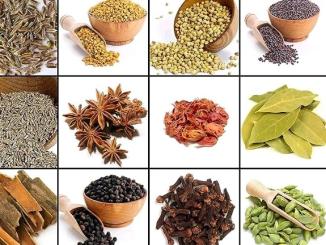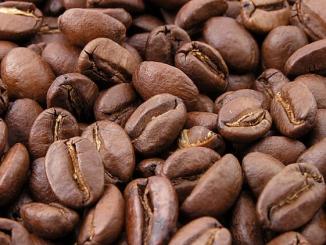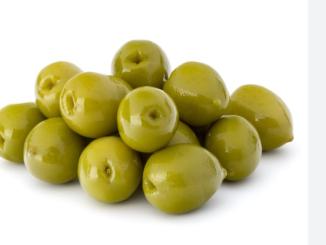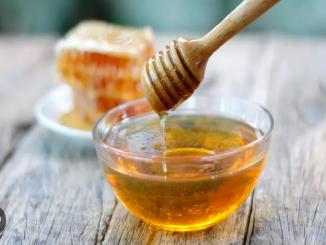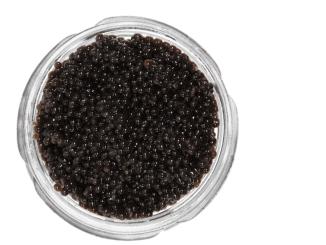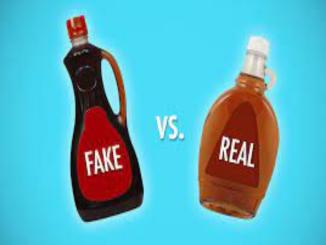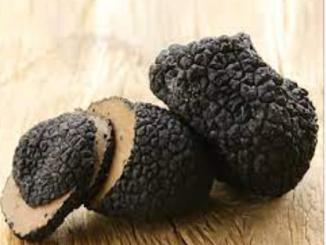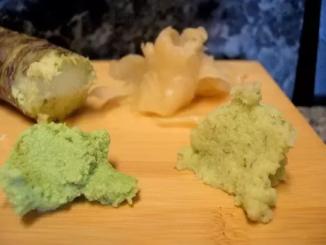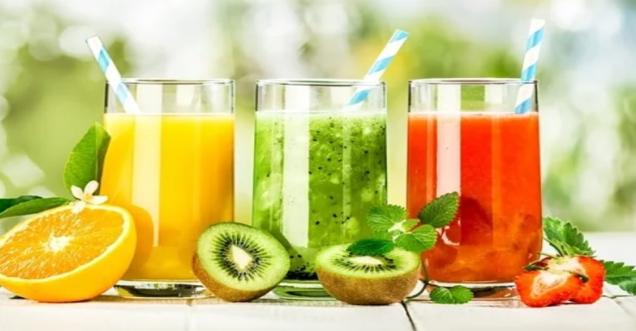
Fruit juice adulteration
The fruit juice adulteration business is profitable, as it is a way to make money by selling cheap, low-quality juice as if it were real fruit juice. This can be done by diluting the juice with water, substituting it with other juices, or adding fillers and sweeteners.
There are a few reasons why the fruit juice adulteration
business is so profitable. First, fruit juice is a popular drink with
a high demand. Second, the cost of producing fruit juice is relatively
low, so there is a lot of profit to be made by adulterating it. Third, the
adulteration of fruit juice is difficult to detect, so it is often not caught.
Fruit juice adulteration is adding fillers, binders, or other substances to fruit juice to increase its volume or weight or make it appear more appealing. This can be done with both natural and artificial ingredients.
Some of the most common ways to adulterate fruit juice include:
· Dilution: Fruit juice can be diluted with water, other juices, or syrup. This can increase the juice's volume or make it appear more concentrated.
· Substitution: Fruit juice can be substituted with other juices, such as cheaper or lower-quality varieties. This is a common practice, as many different fruit juices are available.
· Addition of fillers: Fruit juice can be mixed with fillers, such as corn syrup, sugar, or starch. This can increase the juice's volume or make it appear more dense.
· Use of artificial colours: Artificial colours can be added to fruit juice to make it look more vibrant. This is a common practice in the food industry but can harm health.
· Use of sweeteners: Sweeteners can be added to fruit juice to make it taste sweeter. This is a common practice, but it can also harm health.
· Use of preservatives: Preservatives can be added to fruit juice to prevent it from spoiling. However, some preservatives can be harmful to health.
Adulterated fruit juice can be dangerous, as it can contain harmful substances not listed on the label. It can also be lower in nutrients than real fruit juice.
The Food and Drug Administration (FDA) has regulations to prevent fruit juice adulteration. However, these regulations are often not enforced, and there needs to be more awareness about the problem among consumers.
Fruit juice adulteration can be harmful in several ways. Here are some of the harmful effects of fruit juice adulteration:
· Health problems: Adulterated fruit juice may contain harmful substances not listed on the label. These substances can cause health problems like food poisoning, allergic reactions, and cancer.
· Nutritional deficiencies: Adulterated fruit juice may be lower in nutrients than real fruit juice. This can lead to nutritional deficiencies, which can harm health.
· Weight gain: Adulterated fruit juice may contain added sugars and sweeteners, which can contribute to weight gain.
· Digestive problems: Adulterated fruit juice may contain bacteria or other microorganisms that can cause digestive problems, such as diarrhoea and vomiting.
The harmful effects of fruit juice adulteration can vary depending on the type of adulterant used. For example, adulteration with water can dilute the nutrients in the juice, while contamination with sweeteners can increase the sugar content and contribute to weight gain.
There are a few things that consumers can do to avoid buying contaminated fruit juice:
· Buy fruit juice from a reputable source. This could be a grocery store with a good juice selection, a speciality juice shop, or an online retailer that sells juices from a trusted supplier.
· Look for fruit juice labelled as "100% juice." This means the juice is made from 100% fruit juice and contains no added sugars, sweeteners, or preservatives.
· Avoid fruit juice that is too cheap. Real fruit juice is expensive, so if you are offered it at a very low price, it will likely be fake.
· If you are unsure whether or not the fruit juice you are buying is real, you can do a few things:
Read the label carefully. The label should list all ingredients, including added sugars, sweeteners, or preservatives.
Look for the juice's certifications, such as USDA Organic or Non-GMO Project Verified.
Research online to learn more about the juice's brand and origin.




